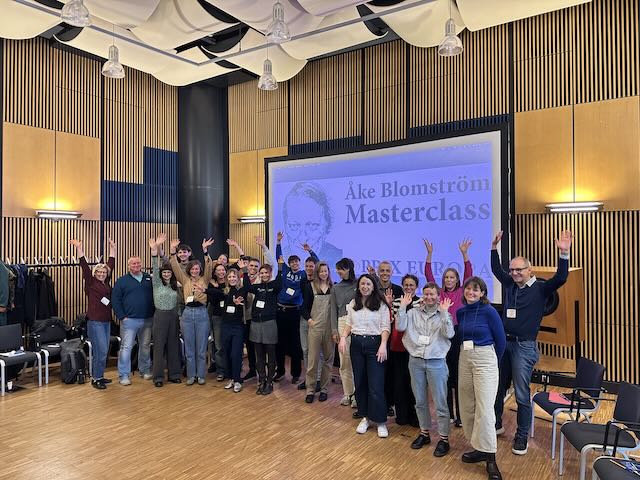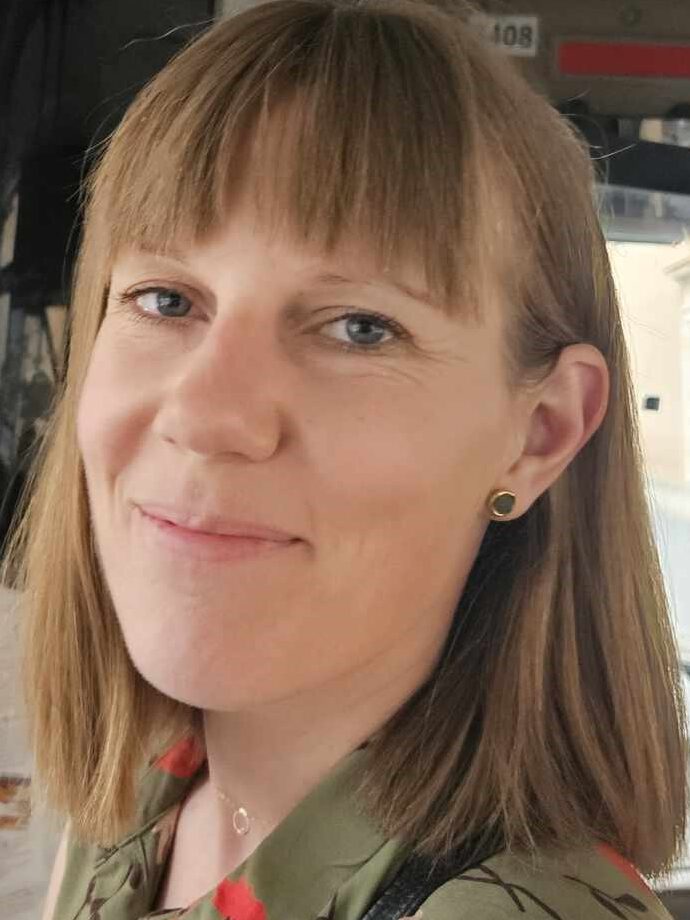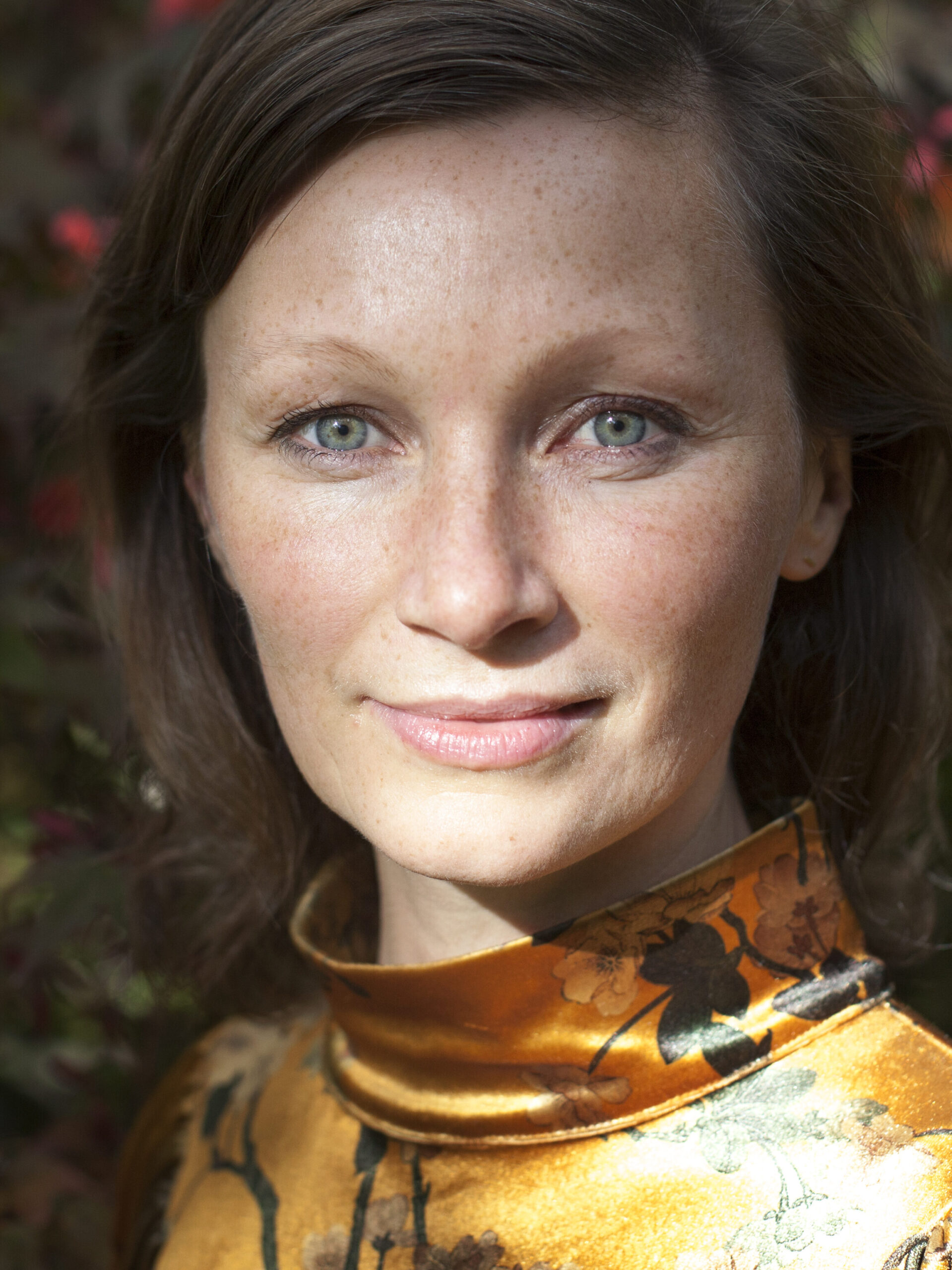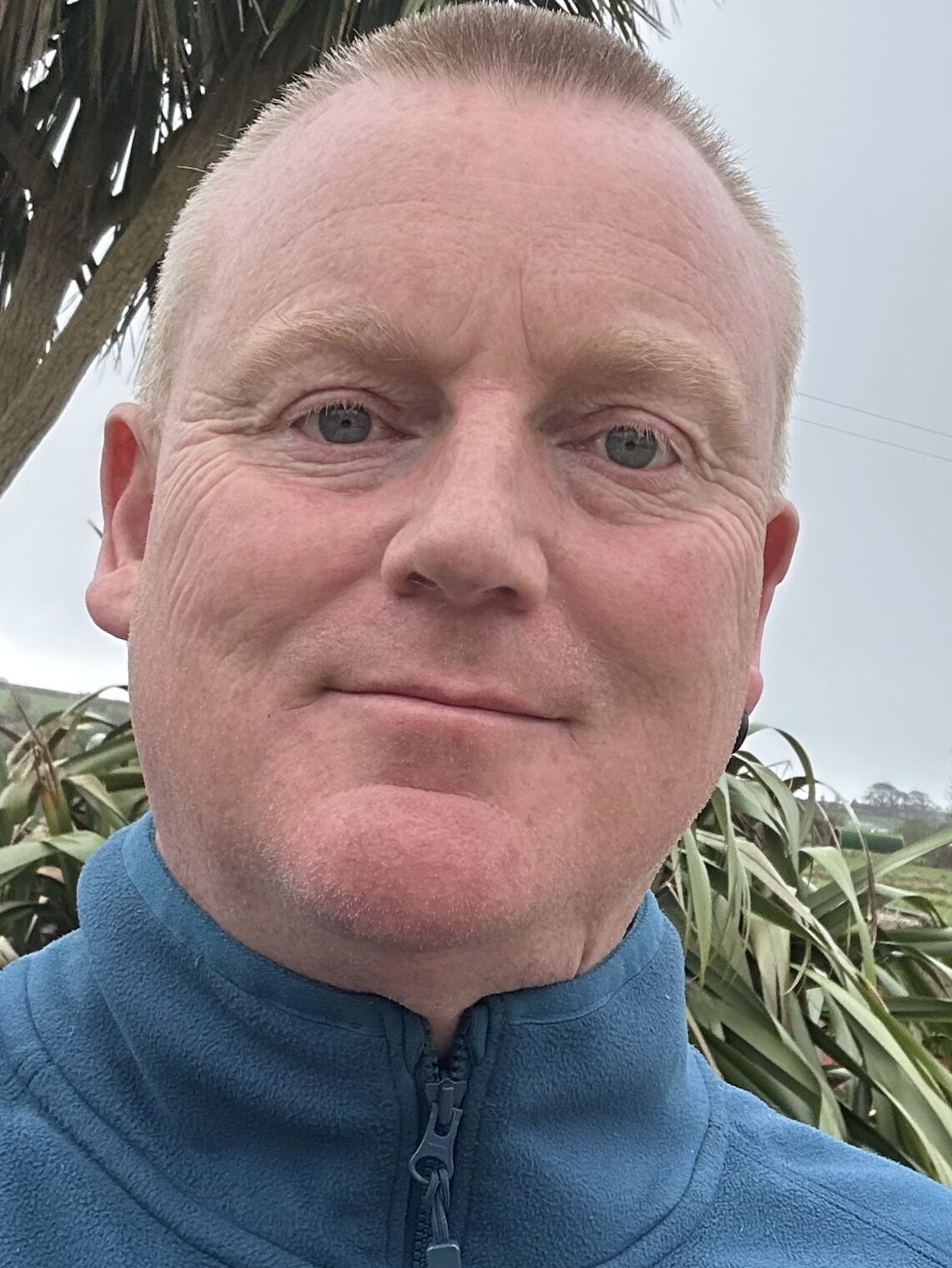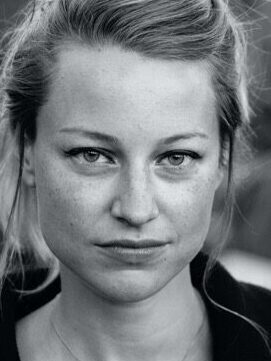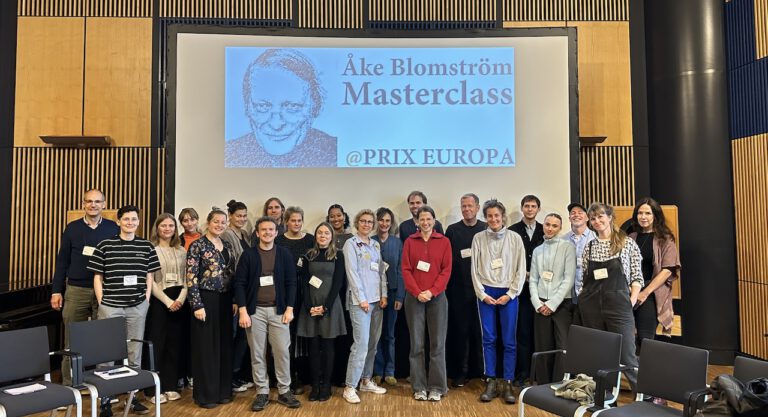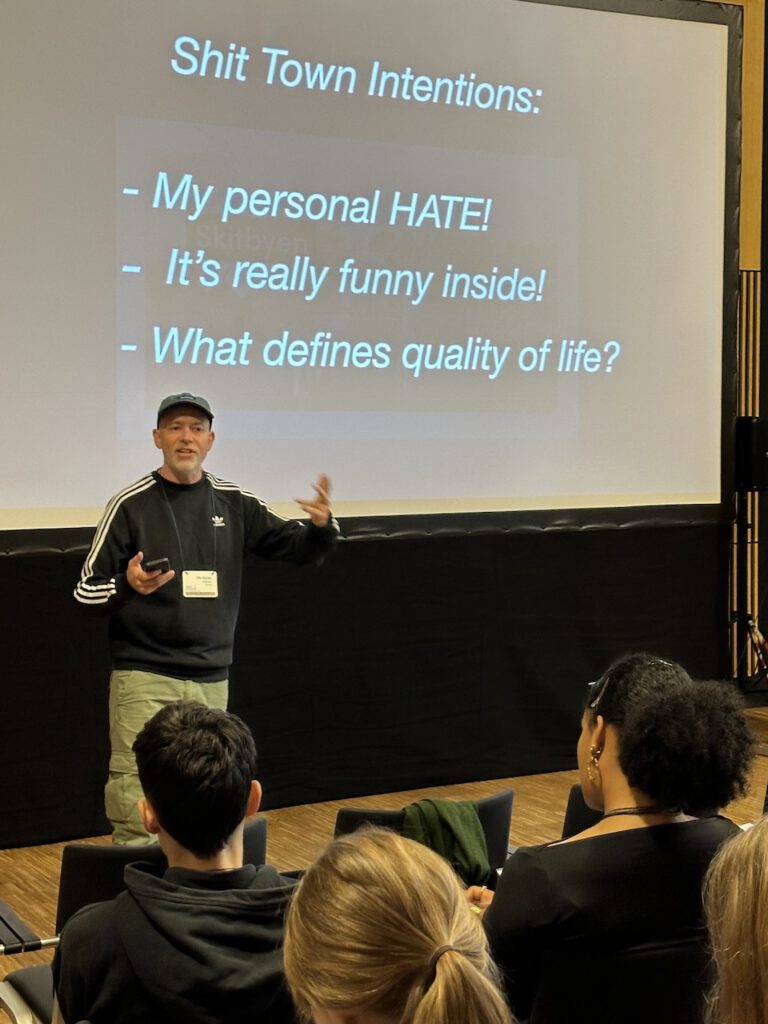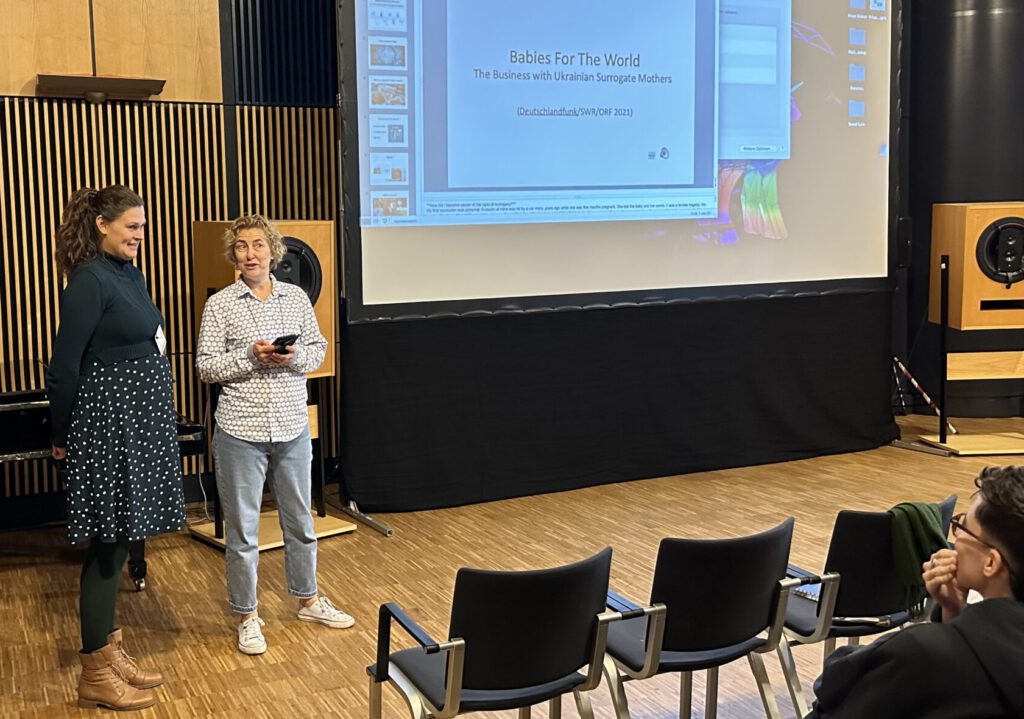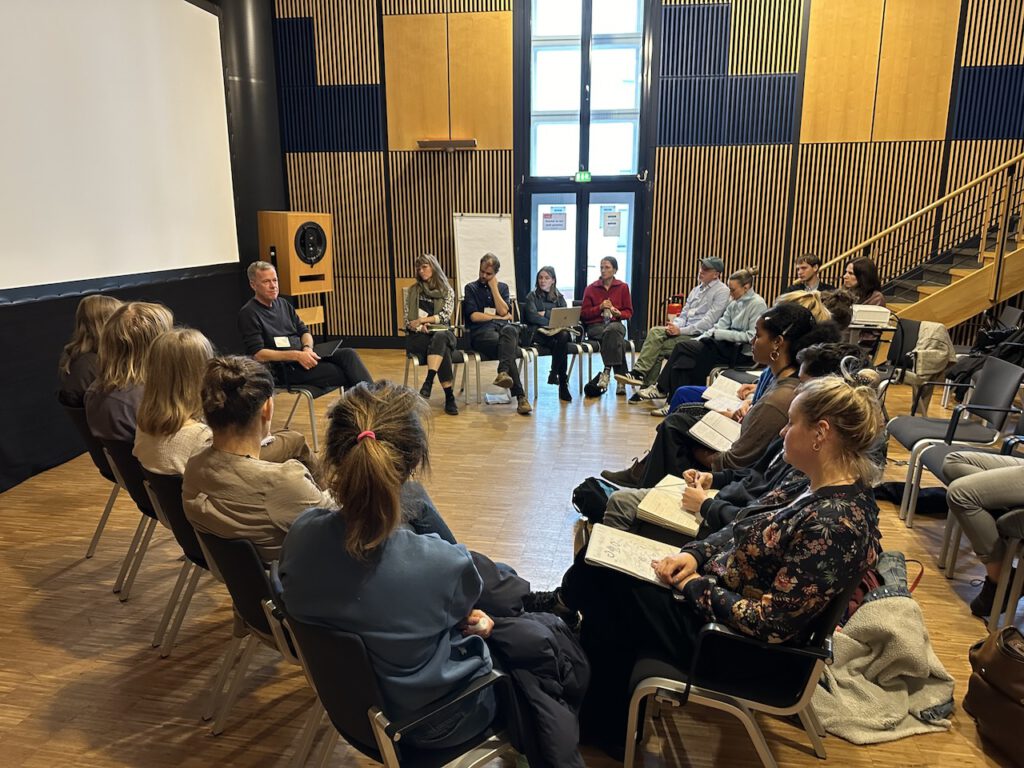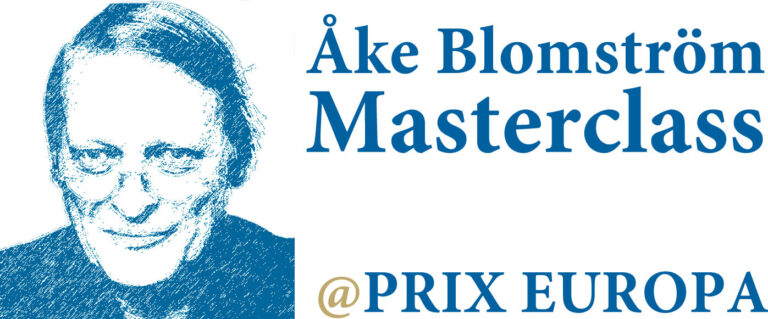by Carlo Hoffmann
Naturally, I was overjoyed when I learned that the project outline I had submitted had been accepted, meaning I could take part in the masterclass. On the train to Berlin, I listen to Coming Out by Inga Janiulytė-Temporin as preparation, a piece awarded the Prix Europa as the European Audio Documentary of Year 2024. It tells the story of an older gay couple living in socially conservative Lithuania. The protagonist’s warm, unguarded voice fills my ears. “Hurray-hurray-hurray-hurray, huu-rray!”, he sings a little hymn about the love for his partner. Only a few minutes into the radio documentary I find myself stunned: an extraordinarily accomplished work of radio, intimate without lapsing into voyeurism, grippingly told, yet restrained and elegant in its form. Inga Janiulytė-Temporin is one of four radio producers who will present their pieces to the attendees of the masterclass and speak about the craft behind them.
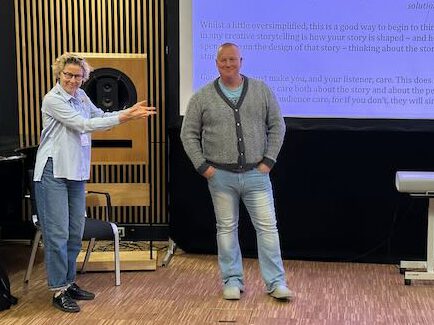
Inside the striking headquarters of Rundfunk Berlin-Brandenburg, we are warmly welcomed by the organisers – Wolfgang Schiller of Deutschlandfunk and Agnieszka Czyżewska-Jacquemet of Polskie Radio Lublin – who introduce us to the speakers: all of them award-winning radio producers from whom we will learn over the coming days. The work they present spans the full breadth of the cultural field of contemporary audio productions – from popular podcast productions that captivate large audiences while addressing pressing social questions, to delicate, artful pieces designed for a contemplative listening audience.
Liam O’Brien introduces Where is Jòn, a compellingly storytelling podcast that has amassed millions of plays. The secret behind the success of this Irish-Icelandic co-production: pace, pace, pace. Wolfgang Schiller tells me that thanks to the popularity of this narrative podcast format, some Deutschlandfunk programmes are now reaching listener numbers unprecedented in the broadcaster’s history. Patrizia Schlosser’s work, which contributes to the investigation and contextualisation of violent crime, is likewise defined by compelling storytelling and a strong sense of audience. We exchange thoughts on narrative technique, and she explains when it is the right moment for a writer to draw on classic dramaturgical frameworks such as the hero’s journey (it is when you have a creative block and need a fresh way into the material).
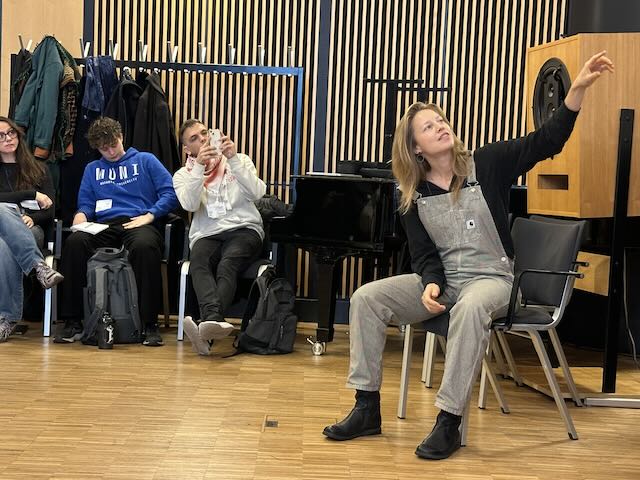
The wide reach of these productions and their appealing acoustic designs are undeniably impressive. Yet I am left with a faint sense of ambivalence: in many of them, the reporter occupies the centre stage, cast almost as a star in their own narrative, guiding the audience step by step through the piece, some may call it “accompanied listening”. Is there not also something slightly narcissistic about placing oneself so prominently at the heart of the story one is telling? We all share a passionate dialogue around these thought-provoking questions.
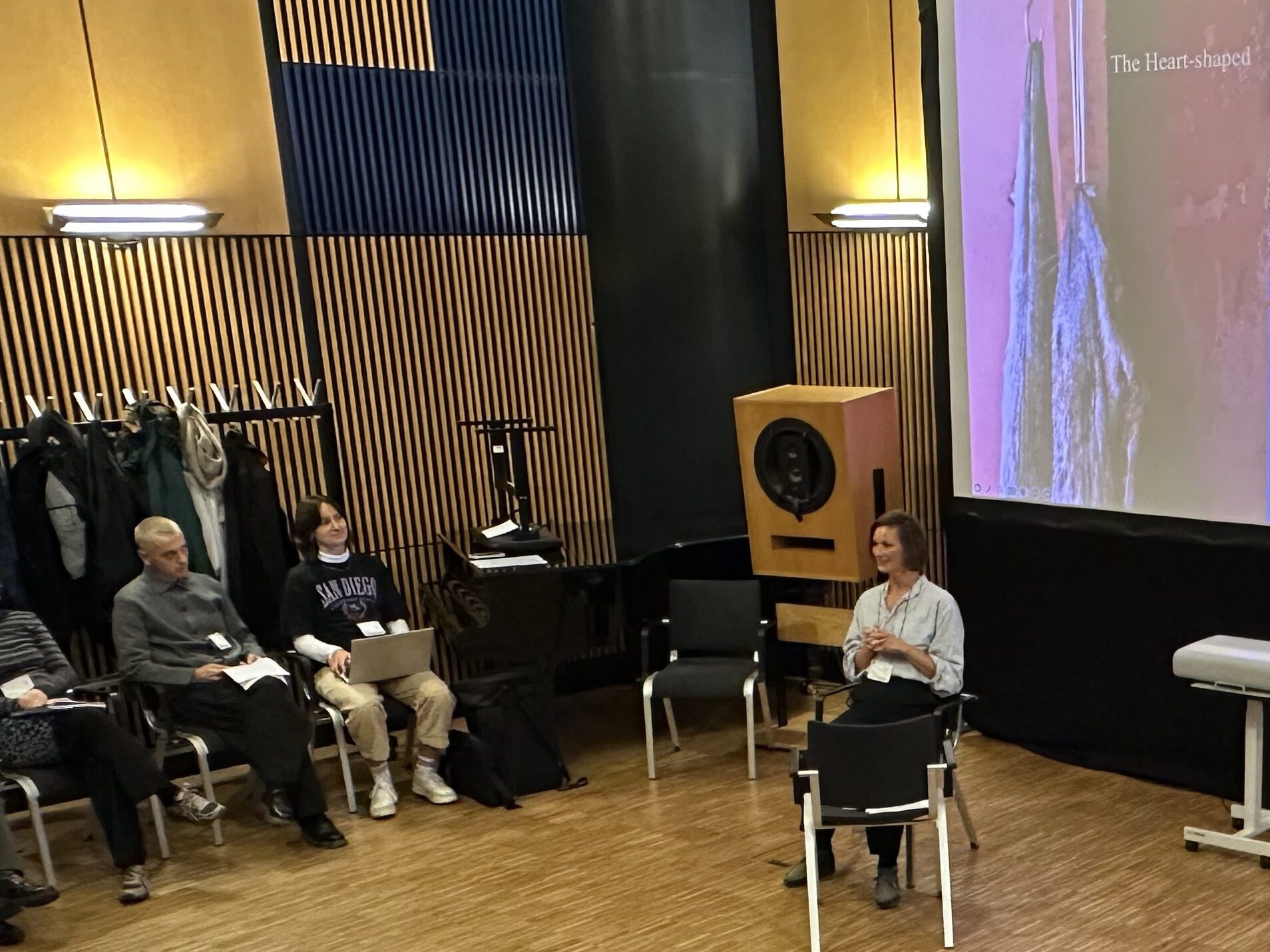
Nanna Hauge Kristensen takes a completely different approach as she presents one of her documentary pieces. Her work is almost entirely free of narrative scaffolding; instead it unfolds through exquisite sound recordings that conjure that oft-invoked “cinema of the mind” within seconds. She describes editing audio as a bodily experience. Everyone in the room understands immediately what she means, the rhythm of a piece as something one must feel, and the immersive experience of being taken to another place through audio documentary. Yet the delicacy of her pieces comes at a cost: such finely captured acoustic nuance demands deep attentiveness from the listener and can easily slip away if concentration falters. For an engaged listener tuning in on a quiet Sunday, these pieces are a delight. Yet for someone zapping through the radio late at night on their way home, they might not be able to reveal their depth.
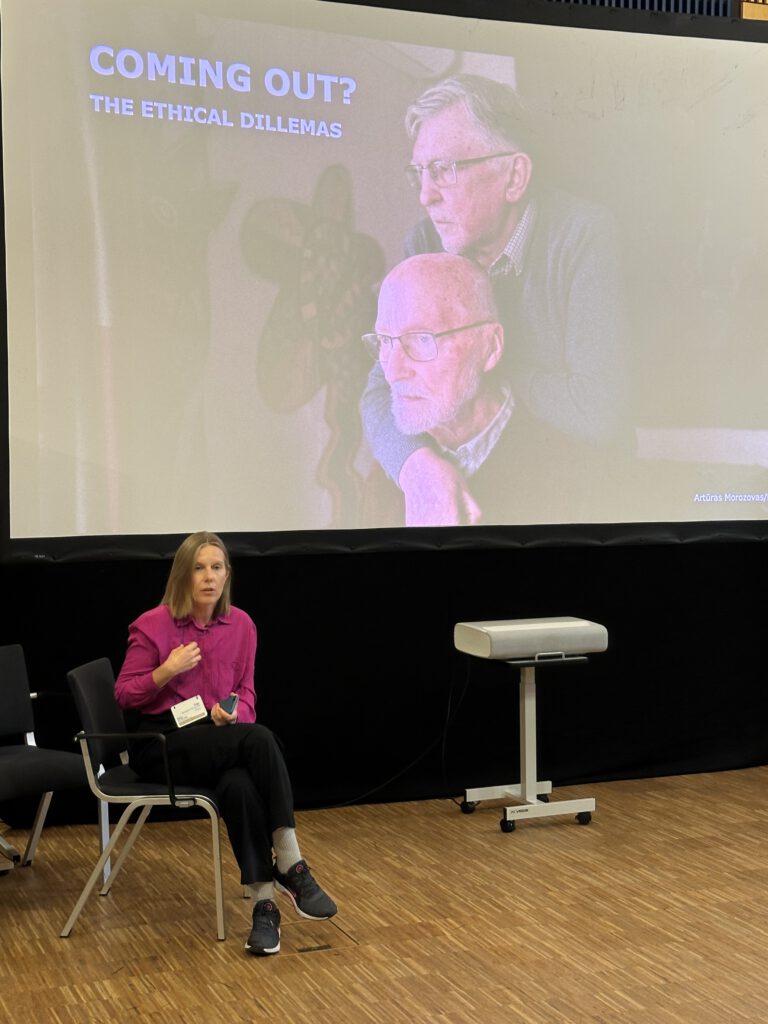
In between the guests lectures, we participants present our project proposals. The pitches are remarkable across the board: investigative research into social injustices, deeply personal explorations of family histories, and richly textured audio pieces that sweep the listener into immersive sound worlds. Together, we discuss the possibilities and pitfalls within each idea. I myself am wrestling with unwieldy amounts of archival material for a current project about the eventful life of a woman who fought against the Nazi regime (special thanks to Liva Blendstrup, who perfectly complemented my project idea with an advice that fits with striking precision). Everyone in the room – newcomers and seasoned producers alike – contributes generously, offering thoughtful and genuinely useful feedback.
The Åke Blomström Masterclass of 2025
Camilo Genoud (Argentinia), Carlo Hoffmann (Germany), Katie Revell (United Kingdom - Scotland), Kristýna Břeská (Czech Republic), Liva Blendstrup (Denmark), Matúš Ďuraňa (Slovak Republic), Olivia Wimmer (Austria), Tina Priemus (Netherlands), Una Kelly (Ireland), Jakub Pečer (Czech Republic), Pia Rauschenberger (Germany), Ajla Delic (Norway), Shauna McGreevy (Ireland), Nele Dehnenkamp (Germany), Timo Stukenberg (Germany)
At the end of the final workshop day, Inga Janiulytė-Temporin explains how she and her colleague produced the documentary about the Lithuanian couple. I am stunned. She tells us the most work was completed in just two months, and shows a screenshot of her Reaper session: three tracks – music, recorded voices, narration, nothing more. It is precisely this simplicity that makes the piece so astonishingly powerful. Asked about her dramaturgical approach, she simply replies, “we were working very intuitive,” and we are all hanging on her every word.
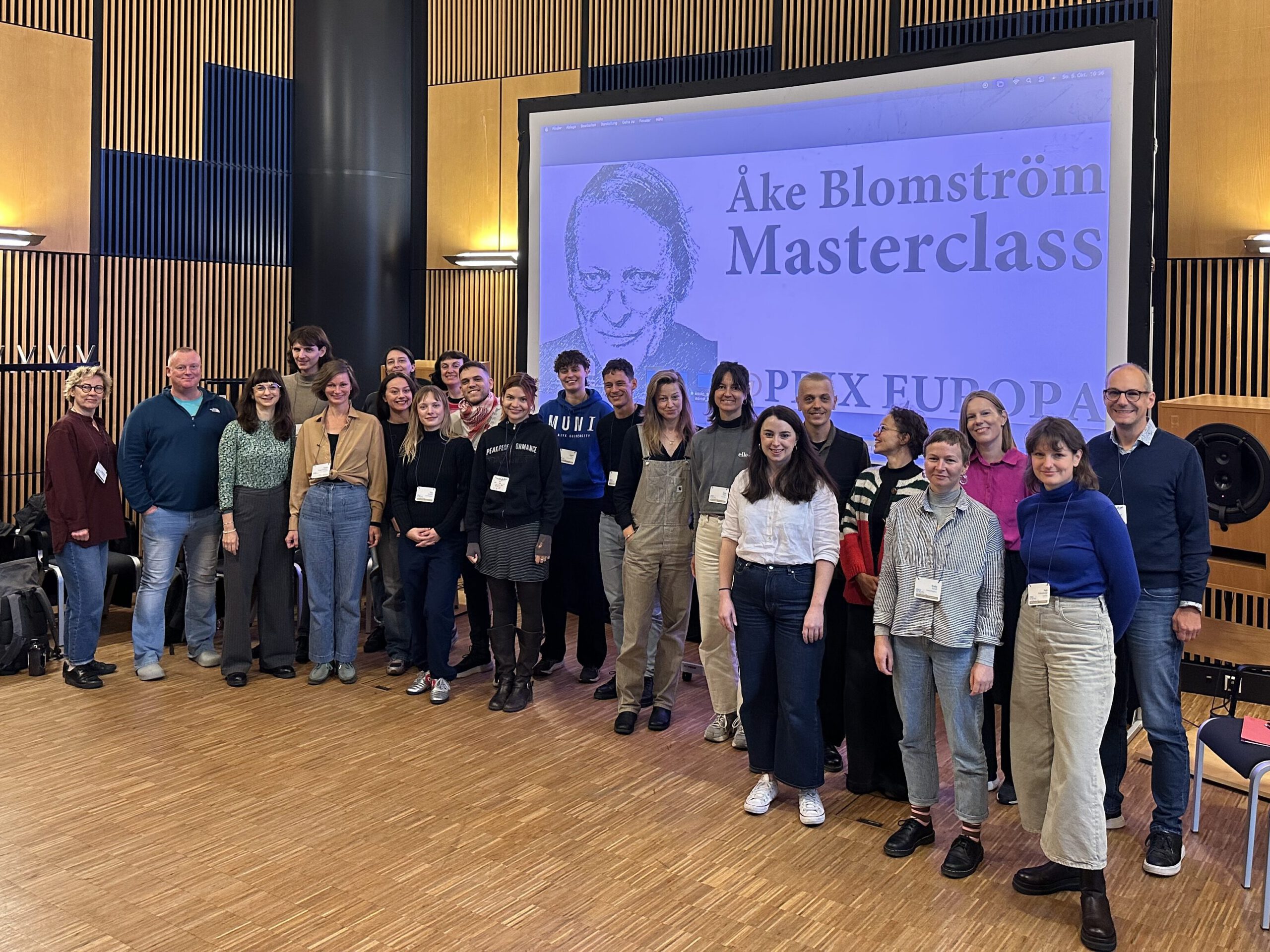
“Be a reducer, not a producer” is another of the inspiring maxims I absorb in the days that follow, while sitting in on the open jury sessions of the Prix Europa – a phrase borrowed from the music producer Rick Rubin. Together with radio makers from across the continent, we listen to the nominated works, which transport us into the soundscapes of war zones, psychiatric institutions and vanished regimes. After many enriching conversations, sonic discoveries, and inspiring creative insights, I am leaving Berlin; convinced that the craft of radio is a patient, exacting labour of listening, quietly transformative in the way it reshapes how we understand one another.


